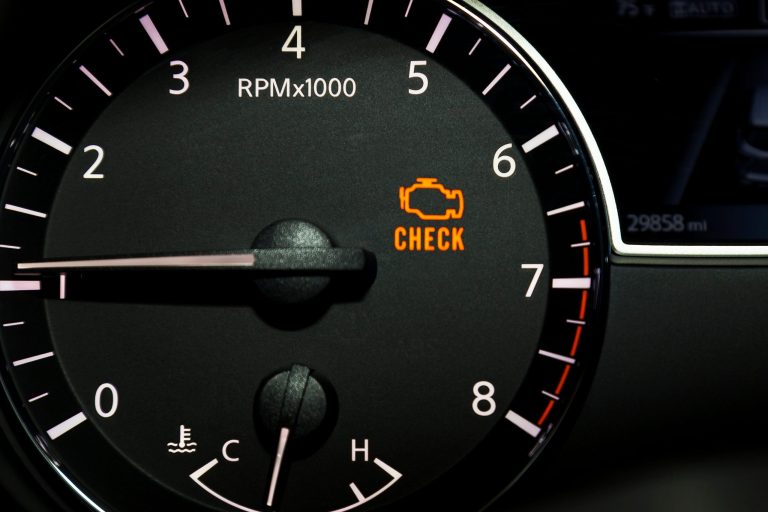2018- 2023 Jeep

Jeep Lemon Law

Defending Your Rights Against Malfunctioning Vehicles
Encountering continuous problems with your Jeep vehicle? Don’t allow these issues to dampen your driving enjoyment. Our assistance is available to help you comprehend your Jeep Lemon Law entitlements and provide direction regarding the necessary measures if your vehicle falls short of the expected standards.
Understanding the Jeep Lemon Law
The Lemon Law that applies to Jeep offers safeguards for individuals who have purchased or leased new vehicles that consistently show defects affecting their safety, value, or performance. If your Jeep vehicle meets certain eligibility criteria, you may be eligible for a replacement, refund, or repair supported by the manufacturer.
Common Jeep Issues
- Transmission problems
- Electrical system malfunctions
- Engine stalling or rough idling
- Suspension issues
- Brake problems
- HVAC (Heating, Ventilation, and Air Conditioning) system failures
- Oil leaks
- Steering issues
- Fuel system troubles
- Rust and corrosion
- Overheating
- Power window and door lock failures
- Check engine light frequently coming on
- Premature tire wear
- Exhaust system problems
- Ignition switch failures
- Water leaks
- Windshield wiper malfunctions
- Sensor and module failures
Jeep Models
Popular Jeep Models with Technical Service Bulletins (TSB) and Recalls.
- Jeep Grand Cherokee
- Jeep Wrangler
- Jeep Cherokee
- Jeep Compass
- Jeep Renegade
Jeep Buyback Lemon Law Qualifications
To be eligible for a buyback under Jeep’s Lemon Law provisions, certain requirements generally need to be fulfilled:
Persistent Issues: The vehicle should have an ongoing and significant problem or defect that remains unresolved despite multiple attempts at repair.
Impact on Safety, Value, or Functionality: The defect must have a notable impact on the vehicle’s safety, value, or overall functioning. This includes crucial components such as the engine, transmission, brakes, steering, and other essential systems.
Within Warranty Period: The problems should arise while the vehicle is still under warranty or within a specified timeframe referred to as the “eligibility period.”
Repair Attempts: Lemon Laws in various states typically require the manufacturer or dealership to have multiple opportunities to fix the defect. If these repair attempts are unsuccessful within a set limit, the vehicle may qualify for a buyback. Initially, an authorized Jeep service center should be given the chance to address the issue with the Jeep vehicle. If the problem persists even after several visits to the dealership, the Jeep could be categorized as a lemon.
Service Downtime: Certain Lemon Laws in specific states specify that the vehicle must be out of service for a certain number of days due to repair attempts. Going beyond this duration might make the vehicle eligible for a buyback. For instance, in California, there’s no fixed period during which the Jeep must remain at the dealership for repairs. However, extended downtime signifies a significant loss of utility, which is crucial in lemon law cases.
Arbitration or Legal Process: If the manufacturer or dealership fails to effectively address the defects, consumers might need to explore alternatives like arbitration or legal action to find a solution.
State-Specific Laws: It’s important to note that Lemon Laws vary from one state to another. Understanding the specific regulations applicable in your region is vital. Some states could have strict criteria, while others might be more lenient.
Process to File for a Jeep Lemon Law Claim:
- We review your case
- Documentation is gathered
- A claim is opened with Jeep
- The claim is resolved with Jeep
- You receive payment for your Jeep Lemon
Why Choose Us for Your Jeep Lemon Law Case?
Dedicated to addressing issues related to defective vehicles, our specialized team of lemon law attorneys has a specific focus on all 2018 – 2023 Jeep models (such as Wrangler, Grand Cherokee, Cherokee, Renegade, Compass, and more). We take great pride in our proven track record of advocating for consumer rights and ensuring they receive the rightful compensation they deserve.
Contact Us Today for a Free Consultation on your Jeep
Secure your Jeep ownership experience by taking proactive measures to address potential issues. Reach out to us today for a complimentary consultation concerning your situation and to explore the possibilities available to you under the Jeep Lemon Law. Our proficient team is ready to assist you through the necessary processes and uphold your rights as a consumer.
Bear in mind, if you’re grappling with a problematic Jeep, you hold specific rights. Allow us to steer you through the intricate specifics of the Jeep Lemon Law, ensuring you achieve the resolution you’re in search of.
Disclaimer: The information furnished on this page aims to offer general insights and should not be interpreted as legal advice. For personalized guidance pertaining to your unique circumstances, it is advisable to consult a certified attorney.
What is a Jeep Lemon Law?
The Lemon Law applicable to Jeep vehicles establishes a clear legal procedure for consumers who confront defective automobiles post-purchase or lease. This law specifically deals with issues observed in Jeep vehicles that consistently display noteworthy defects, guaranteeing that owners are protected and offered remedies if their vehicle falls short of meeting the expected standards in terms of quality, safety, and performance.
In instances where a Jeep vehicle consistently showcases defects or malfunctions within a defined timeframe and meets specific criteria, the vehicle’s owner or lessee could potentially qualify for solutions like a manufacturer-backed replacement, refund, or repurchase of the vehicle.
It’s crucial to note that Lemon Laws can differ depending on the location, entailing distinct eligibility prerequisites and protocols for filing claims. If you suspect that your Jeep vehicle might meet the criteria for being considered a “lemon,” seeking advice from a legal expert specializing in Lemon Law cases will aid you in comprehending your rights and taking the appropriate steps in accordance with the regulations relevant to your area.









